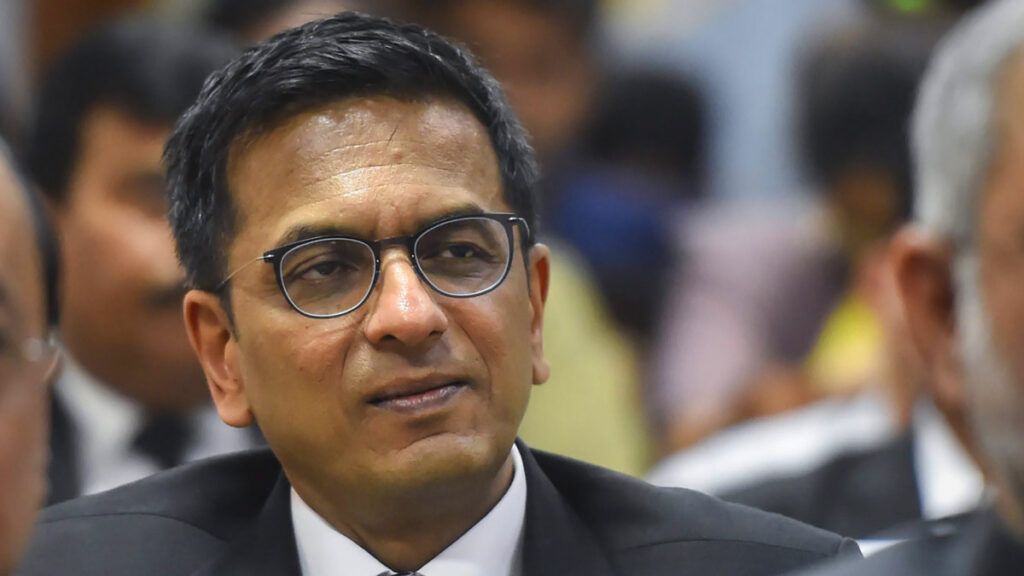
Supreme Court: High Court’s decision to put Lakshadweep MP Mohammad Faizal’s conviction on hold can’t be put on stay
Issue-
The Kerala High Court’s ruling suspending Member of Parliament Mohammed Faizal’s conviction and sentencing in a case involving an attempted murder was the subject of a petition from the Union Territory of Lakshadweep that was brought before the Supreme Court.
Facts of the case-
Kerala High Court suspended Faizal’s conviction which resulted in a stay on his disqualification as MP. The dates for the bye-elections in Lakshadweep had been issued by the Election Commission of India in the meantime. The ECI had informed the Supreme Court that it will follow the High Court’s directive to stay the conviction in its actions. Before the Supreme Court, two petitions have been submitted: one by the prosecuting agency and one by the original complaint. In both of the Special Leave Petitions, notices were published.
The High Court refused to suspend the conviction of three other accused persons, but suspended their sentences.
Arguments-
Bye elections will add to the exchequer’s financial burden. The ASG believed that the suspension had been implemented by the High Court due to the aforementioned worry. The High Court’s decision ran counter to Section 8 of the Representation of People’s Act of 1951, which bars MPs from retaining office if they are found guilty and given prison sentences of more than two years. Faizal received a ten-year jail term in the current case.
Reasoning-
It is an extraordinary situation that justifies the postponement of conviction since the Supreme Court proceeded as though the burden of proof would rest with the State Treasury.
Judgement-
The Supreme Court does not favour staying the decision of the High Court. The matter would be heard.
Provisions used in the case –
Section 307 IPC, Section 8 of the Representation of People’s Act, 1951
Case-
UT Administration of Lakshadweep v. Mohammed Faizal And Ors.
Written By – Nikita Shankar




